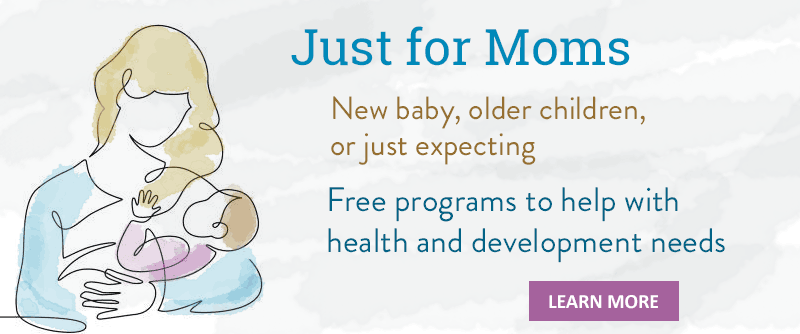Caring for a person with Alzheimer’s disease at home can be a difficult task. Caregivers must cope with changing levels of ability and new patterns of behavior that may call for more intensive care.
The health of caregivers is at risk from stress, depression and difficulty maintaining a healthy lifestyle.
The impact of providing care for an older adult
Informal or unpaid caregiving has been associated with:
- Elevated levels of depression and anxiety
- Higher use of psychoactive medications
- Worse self-reported physical health
- Compromised immune function
- Increased risk of early death
- Financial hardship
Caring for your health
Looking after your own health lets you be a better caregiver for others.
- Get enough sleep, exercise regularly, and eat a healthy diet.
- See your own doctor regularly.
- Stay connected to family and friends.
- Plan breaks from your caregiving responsibilities as a key part of maintaining your own health. Make your needs known to family, friends, and your doctor.
- Identify a specific caregiving task or block of time you would like help with. When someone asks how they can help, be ready with a specific request.
- Be understanding if the person turns you down. Don’t be afraid to ask again.
- Contact your local Area Agency on Aging to learn about caregiver support services in your area.
Care Planning
A well-organized care plan can help you balance care for someone else with your own care needs.
- Sample care plan CDC

